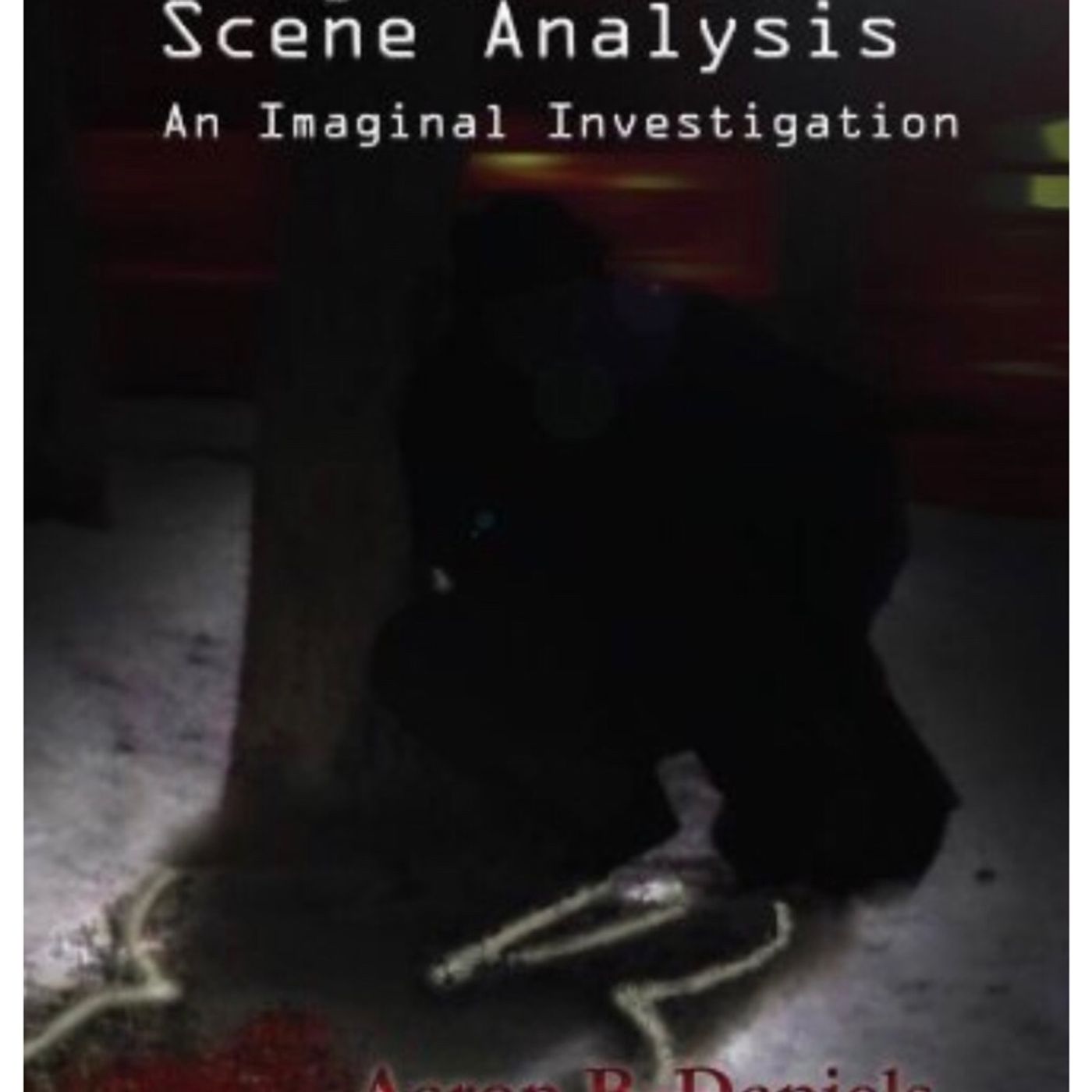- Health
- SEE MORE
- classical
- general
- talk
- News
- Family
- Bürgerfunk
- pop
- Islam
- soul
- jazz
- Comedy
- humor
- wissenschaft
- opera
- baroque
- gesellschaft
- theater
- Local
- alternative
- electro
- rock
- rap
- lifestyle
- Music
- como
- RNE
- ballads
- greek
- Buddhism
- deportes
- christian
- Technology
- piano
- djs
- Dance
- dutch
- flamenco
- social
- hope
- christian rock
- academia
- afrique
- Business
- musique
- ελληνική-μουσική
- religion
- World radio
- Zarzuela
- travel
- World
- NFL
- media
- Art
- public
- Sports
- Gospel
- st.
- baptist
- Leisure
- Kids & Family
- musical
- club
- Culture
- Health & Fitness
- True Crime
- Fiction
- children
- Society & Culture
- TV & Film
- gold
- kunst
- música
- gay
- Natural
- a
- francais
- bach
- economics
- kultur
- evangelical
- tech
- Opinion
- Government
- gaming
- College
- technik
- History
- Jesus
- radio
- movies
- services
- Church
- podcast
- Education
- international
- Transportation
- Other
- kids
- podcasts
- philadelphia
- Noticias
- love
- sport
- Salud
- film
- and
- 4chan
- Disco
- Stories
- fashion
- Arts
- interviews
- hardstyle
- entertainment
- humour
- medieval
- literature
- alma
- Cultura
- video
- TV
- Science
- en
Jungian Analysis and terrorism with Dr. Daniels

b"Product Description
This study examines how crime scene analysts, or criminal profilers, tacitly apply a synthesis of Jungian interpretations of active imagination and countertransference. This work clarifies this construct, countertransferential active imagination or imaginal work, through the archetypalist concept of image. For its data, the study presents two distinct bodies of literature. The first is an extensive review of Jungian writings and subsequent archetypalist formulations. The second source of literature is the autobiographical texts by two criminal profilers, John Douglas and Robert Ressler.
Jungian Crime Scene Analysis makes use of a range of methodological considerations. Beyond a fundamentally hermeneutic approach, a novel formulation is developed, rhizomic research, which values declaring over answering questions. Utilizing these methodologies, this study presents sexual homicide perpetrators as having disorders of imagination, imagopathy, seen through imaginal deficiencies such as failure of empathy, rigid fantasies, and unresolved projections. This research challenges assumptions that individuation is purely healthful. Individuation powers psychic activity and thus powers the dynamics of sexual homicide. Consciousness, in the transcendent function, transforms individuating images into ethical products.
Review
'In the sense that each neurosis involves a crime perpetrated against the psyche, each psychotherapist may have to become a crime scene analyst. Aaron Daniels, who has immersed himself in the existential-phenomenological and Jungian depth psychological literatures, gives a good account of their approaches to understanding here. He finds striking analogies between the methods of the contemporary Jungian therapist, bent on understanding the unconscious, and the way present-day profilers of the criminal mind must rely upon imagination. Daniels reflects brilliantly on our culture's fascination with depth psychological detection. With telling originality, he reveals the surprising agency that can emerge when a psyche engages the complexity of the shadow that has driven it to compromise its own integrity.'- John Beebe, past president of the C. G. Jung Institute of San Francisco.
About the Author
Aaron B. Daniels teaches psychology at Curry College in Milton, Massachusetts . He holds degrees from Baldwin-Wallace College (BA), Duquesne University (MA), and Pacifica Graduate Institute (Ph.D.). He prefers, however, to claim a Doctorate in Metaphysics from Lovecraft's Eldritch Miskatonic University in Arkham, Massachusetts. After working for a decade in clinical psychology, he transitioned into academia."